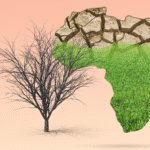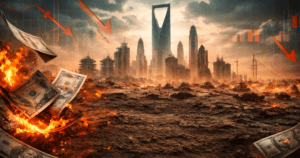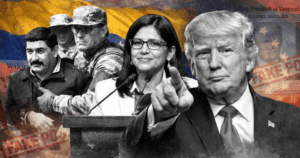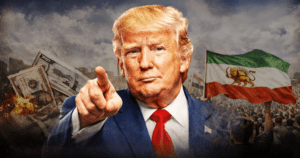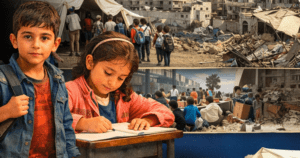In a sweeping and controversial move, President Donald Trump has intensified his administration’s crackdown on students, particularly international and politically active individuals, raising significant concerns about academic freedom, free speech, and civil liberties in the United States.
Since retaking the presidency, Trump has broadened the scope of his immigration policies to include not only undocumented immigrants but also legal residents and visa holders, especially students, academics, and activists expressing pro-Palestinian views. The administration has revoked over 1,300 student visas with minimal explanation, creating widespread panic on campuses. Notably, some deportations have occurred despite legal protections or Supreme Court intervention, such as the case of Kilmar Ábrego García.
Trump’s administration has also targeted student protests, particularly those related to the Israel-Hamas conflict. In March 2025, the president announced that universities permitting “illegal” protests would face funding cuts, and foreign students participating in such protests could face prosecution and deportation. This move has been widely criticized as an attempt to suppress free speech and intimidate students engaged in political activism.
The administration’s actions have had a profound impact on universities across the country. Harvard University, for example, has faced the freezing of $2.3 billion in federal funding and potential loss of its ability to enroll international students due to its refusal to comply with certain federal demands and perceived pro-Palestinian sentiment amid protests against Israel’s actions in Gaza. Other institutions, including Columbia University and the University of California, Los Angeles (UCLA), have also been affected by these policies.
The administration’s actions have sparked legal challenges from civil rights organizations and academic institutions. Critics argue that deporting non-citizens based on their political speech violates the First Amendment, which protects freedom of expression for all individuals in the United States, regardless of citizenship or visa status. The Foundation for Individual Rights and Expression (FIRE) has condemned the administration’s policies as unconstitutional and a threat to academic freedom.
The Trump administration’s actions have also strained international relations. In 2020, the U.S. revoked the visas of more than 1,000 Chinese students under an order that accused some of espionage. China condemned the move as “political persecution and racial discrimination,” and tensions between the two countries have escalated as a result.
President Trump’s crackdown on students represents a significant escalation in the administration’s efforts to control political expression and suppress dissent within academic institutions. The policies have raised serious concerns about the erosion of constitutional rights and the chilling effect on free speech and activism in the United States. As legal challenges continue and protests grow, the future of academic freedom and civil liberties in the country remains uncertain.





